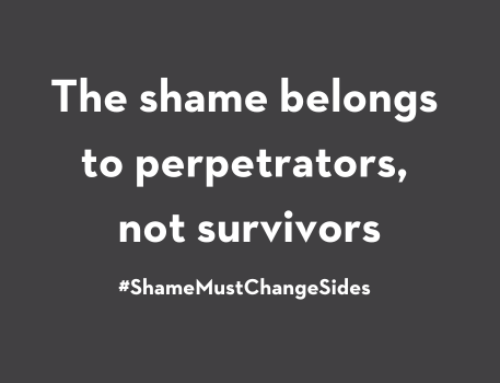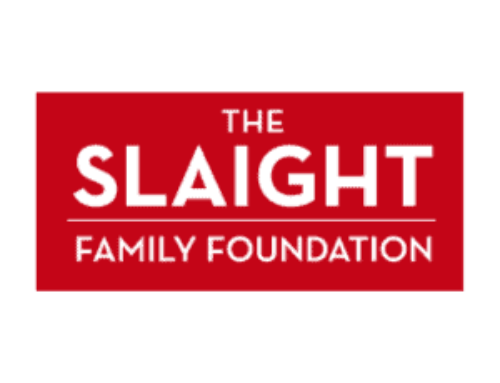“Mental health is an integral and essential component of health … the promotion, protection and restoration of mental health can be regarded as a vital concern of individuals, communities and societies throughout the world.”
There is no question: violence affects mental health, which in term affects all elements of health and well-being.
The World Health Organization and Public Health Agency of Canada recognize gender-based violence as a significant public health issue.
From trouble sleeping, anxiety, and depression, to substance use to cope, to post-traumatic stress, and many other concerns, effects are wide-ranging, varied, and individual.
The scope of the impacts is large, given the reality that gender-based violence is so prevalent. Forty-four per cent of all women in Canada have experienced at least one incident of physical or sexual violence since the age of 15.
The link between violence and mental health concerns is much higher for women.
- Women are significantly more likely than men to report negative emotional impacts of spousal violence, including isolation, depression, or anxiety attacks, and suicidal thoughts.
- 50% of women who have experienced violence also have had a mental health diagnosis.
- Women with a disability related to mental health are more likely to experience violent victimization than their male counterparts, especially sexual assault.
- The risk of depression, post-traumatic stress disorder (PTSD), substance use concerns, or becoming suicidal was three to five times higher for women who had experienced violence.
- Shelters and transition houses have reported that over half of women deal with major depression and over 33% deal with PTSD.
Not addressing the connection between mental health and violence means that women can be misdiagnosed or unable to access the help they need to heal. Also, women who have experienced violence and have been given diagnoses related to their mental health can be labelled as “difficult to work with” and refused services.
Services may require clients to be “clean and sober” to access help, which is especially difficult for people using substances to cope with impacts of abuse. When survivors are prescribed medications for mental health needs, side effects can also sometimes compound trauma. For example, anti-anxiety medications may impair some women’s ability to assess their safety.
Stigma associated with both gender-based violence and mental health concerns can stop survivors from sharing their experiences, reporting incidents, and accessing support. Fear of losing custody of children is another concern that may keep survivors from disclosing their experiences. Survivors who experience mental health concerns may be less likely to report violence as their mental health is often used to discredit their experiences or blame them for what happened. Combined with other reasons, such as living in poverty, immigration status, and discrimination due to age, race, and sexual orientation, barriers to accessing supports can ben overwhelming.
What needs to be done?
Critical supports need to be strengthened for abuse survivors experiencing mental health concerns, both to prevent and address violence. This includes access to long-term counselling, affordable housing, childcare supports, better legal assistance, and employment opportunities.
On an individual level, we can inform ourselves of the ways that both violence and mental health concerns affect the people close to us. Being there as a non-judgmental supporter, listening, and offering to help find resources are all good ways to break the stigma and the isolation that survivors often feel. Learn how you can respond to any sign or signal of abuse by becoming a Signal for Help Responder today.
Challenge ideas and jokes that justify abuse or shame people dealing with mental health issues.
Let’s make an effort to be aware of gender-based violence and its ripple effect on mental health concerns, and to be supportive of those experiencing both.






